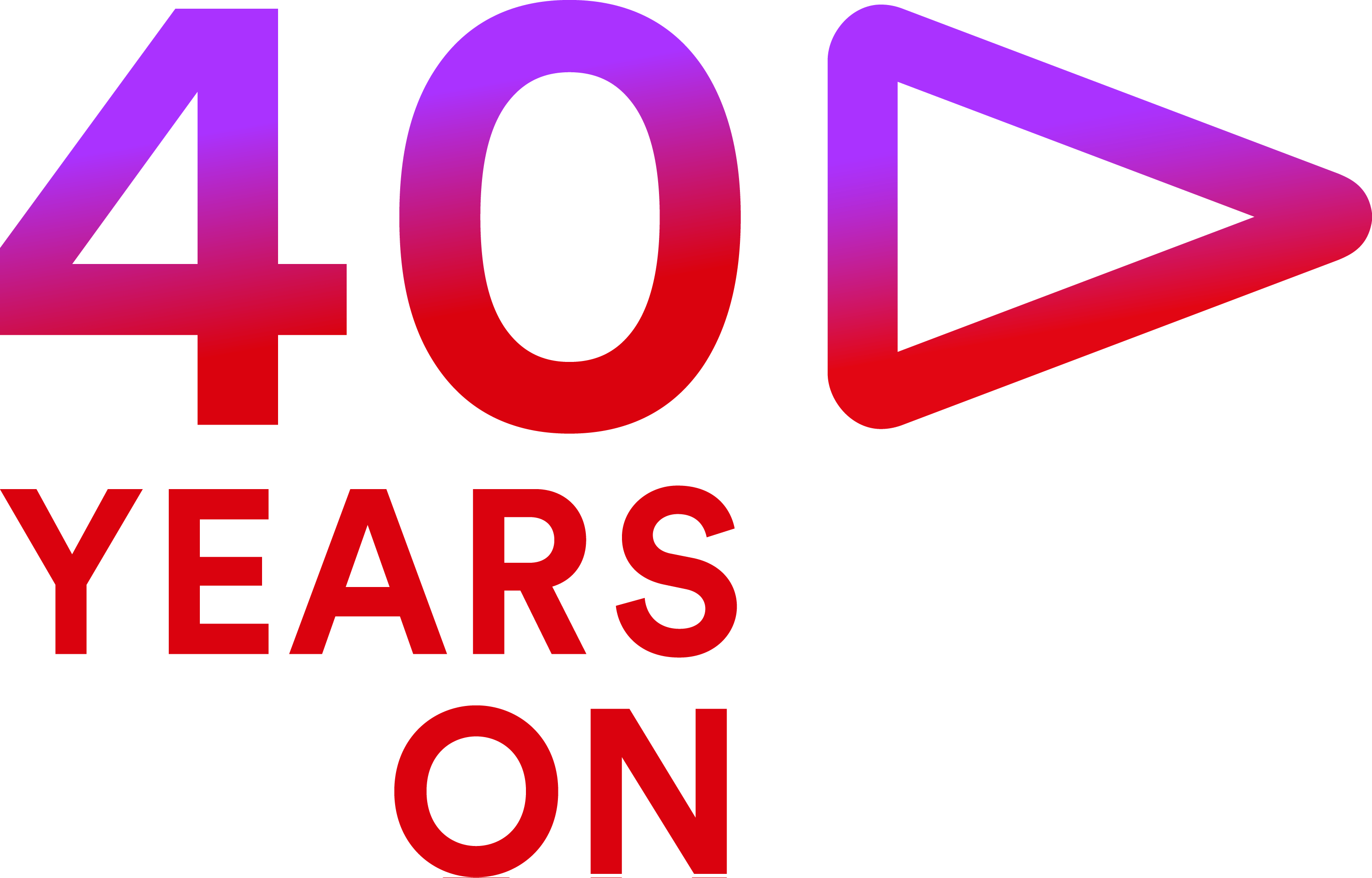Brussels, 15 December 2021 - A broad coalition from the European media sector, including public and commercial broadcasters, radios and the press, applauds the European Parliament’s vote on the Digital Markets Act (“DMA”).
The agreement reached by the European Parliament reflects the political vision required to preserve a diverse, vivid and innovative media landscape. In particular, we welcome the Parliament’s commitment to tackle unfair conduct by gatekeepers that harms contestability and fairness in digital markets, and its resolve to provide practical solutions to real world business issues faced by the media sector.
Maintaining tight quantitative thresholds, introducing voice assistants, web browsers and connected TVs into the list of core platform services, future-proofs the regulation, which we wholeheartedly welcome.
On obligations, we welcome the amendments on self-preferencing practices (Article 6.1(d)), audience measurement (Article 6.1.(g)) and fair and non-discriminatory access (Article 6.1(k)). All these changes are preconditions to ensure the effectiveness of the DMA proposal.
However, we call on the co-legislators to fix loopholes which could undermine effective competition in the supply of media content to European audiences:
- Access to data: article 11(2) should be amended to ensure that gatekeepers cannot circumvent the obligation to provide business users with access to non-personal and personal data.
- Combination of personal data: article 5(a) should be further strengthened to address gatekeepers’ data power stemming from network effects.
- Tying and bundling: article 5(f) should cover additional unfair practices through the notion of “use” of a service.
- Preferential treatment of selected third parties: Article 6.I(d) should also cover situations where gatekeepers give preferential treatment to selected third parties.
We encourage the Council to look towards the European Parliament’s position to support the long-term sustainability of media services that rely on gatekeepers to reach digital audiences. This will in turn foster the ability of European consumers and citizens to access services that support the pluralistic flow of information and creative diversity in Europe.
Grégoire Polad, Director General of ACT, said: “The European Parliament showed real leadership and vision when tackling the conduct of gatekeepers. We hope the Council will look in the direction of the European Parliament when it comes to crucial aspects such as self-preferencing, to ensure that the DMA is an enforceable, robust instrument that will bring genuine change in the market”.
Angela Mills Wade, Executive Director of EPC, said: “Fairness and non-discrimination should become the guiding principles of the DMA. We welcome the European Parliament’s position on this issue and encourage Member States to remain open to the European Parliament’s position on this aspect”.
The trilogue phase will be decisive to determine whether the DMA can fulfil its promise to ensure contestability and fairness in digital markets. We rely on lawmakers to provide a sound and effective framework, both on the designation of the gatekeepers and on the obligations imposed on them.


